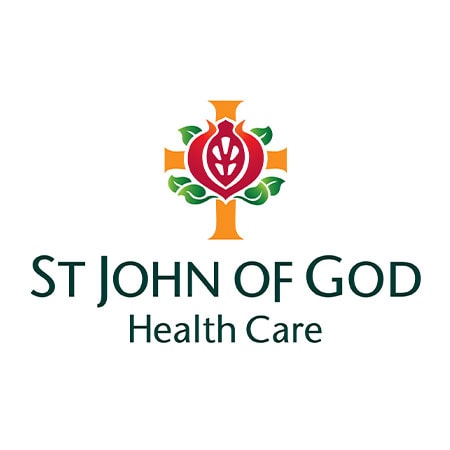Introduction
Bowel cancer, also known as colorectal cancer, is one of the most common types of cancer worldwide. It affects both men and women and can be life-threatening if not detected and treated early. Bowel cancer screening plays a vital role in identifying the disease in its early stages, offering a higher chance of successful treatment which improves survival. In this article, we will explore the importance of bowel cancer screening in Australia and its impact on public health.
The importance of early detection
Early detection of bowel cancer is crucial for several reasons. Firstly, the disease often develops without noticeable symptoms in its early stages, making it difficult to detect without proper screening. By the time symptoms such as abdominal pain, changes in bowel habits, rectal bleeding, or unexplained weight loss appear, the cancer may have advanced to a later stage.
Regular bowel cancer screening allows for the identification of abnormalities and the detection of cancer before symptoms manifest, significantly improving the chances of successful treatment.
Secondly, bowel cancer typically is a slow-growing cancer, taking years to develop from benign polyps to a malignant tumour. Through regular screening, these precancerous polyps can be detected and removed before they have a chance to transform into cancerous growths. This preventive approach can effectively halt the progression of the disease, preventing it from reaching advanced stages where treatment becomes more challenging.
Reducing mortality rates in Australia
Bowel cancer screening programs have shown success in reducing mortality rates in Australia. The National Bowel Cancer Screening Program (NBCSP) was established in 2006 and offers free screening to eligible Australians. Since its implementation, the program has played a pivotal role in early detection and subsequent treatment, resulting in a decline in bowel cancer-related deaths.
Regular screenings allow for the detection of cancer at an earlier stage, when it is more treatable and associated with higher survival rates.
Bowel cancer screening methods in Australia
In Australia, the primary screening method employed by the NBCSP is the faecal occult blood test (FOBT). The FOBT checks for the presence of blood in the stool, which can be an early indicator of bowel cancer.
The NBCSP mails free FOBT kits to eligible Australians aged 50 to 74 every two years. If the test results are positive, individuals are referred for further investigations, such as a colonoscopy, to confirm the presence of cancer or other abnormalities.
Increasing participation in Australia
To maximize the benefits of bowel cancer screening in Australia, it is crucial to encourage eligible individuals to participate in the screening programs. The NBCSP aims to progressively invite all Australians aged 50 to 74 to participate in the program.
Additionally, awareness campaigns and educational initiatives are conducted to inform the public about the importance of early detection and regular screenings.
By actively participating in screening programs and following the recommended guidelines, we can proactively protect our health and potentially prevent or detect bowel cancer at an early and treatable stage.
Conclusion
Bowel cancer is a significant health concern, but with early detection through screening, it can be effectively managed and even prevented. The National Bowel Cancer Screening Program has been instrumental in reducing mortality rates by detecting the disease at its earliest stages.
By promoting participation in screening programs and raising awareness about the importance of early detection, we can make significant strides in the battle against bowel cancer. Regular bowel cancer screening is a crucial step toward a healthier future and saving lives in the Australian population.
Further information
- Find out more about the National Bowel Screening Program
- Bowel Cancer Australia website








